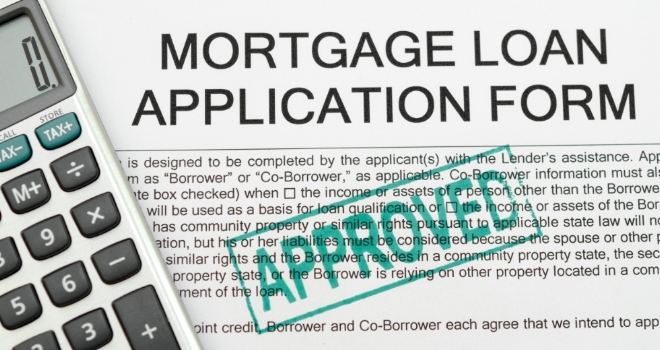
As the average first time buyer property costs approximately £216,000, saving a deposit may seem like the largest hurdle to overcome when buying a home.
In this post, Gorvins Solicitors look at some of the primary reasons why someone may be turned down by a mortgage lender.
1. A lack of credit history
If you’ve never had a credit card, you may think lenders will consider you to be a sensible spender. However, having a limited or non-existent credit history can actually do more harm than good.
Lenders need to see proof that you’re able to repay the money you borrow. By looking at your credit history and seeing you’ve successfully made repayments in the past, lenders can gain an insight into your ability to manage your finances.
To avoid a lack of credit history hindering your mortgage application, it can help to start using a credit card while you’re saving for a deposit. However, be careful not to apply for several cards in a short space of time, as this can actually have a negative impact on your application.
2. You’re self-employed
Self-employed people often find it more difficult to qualify for a mortgage than someone who is employed full-time. With self-employed workers facing income fluctuations, lenders may be concerned about their ability to keep up with regular mortgage repayments.
Thankfully, being self-employed doesn’t make it impossible to secure a home of your own, particularly if you do the following:
• Ensure you have a strong credit history
• Keep records of your spending
• Save account and tax return details from the last two to three years
• Save a larger deposit
3. You’ve changed jobs
Some lenders will refuse to approve a person’s mortgage if they’ve not been in the same job for a certain period of time. Usually, lenders like to see that an applicant has been in the same place for three to six months, but others require much longer and will refuse anyone who has been in their current position for less than 12 months.
It’s worth noting that if you apply for a mortgage and get rejected, this could have an impact on your credit rating and reduce your chances even further. As a result, if you haven’t been in your current job for long, it may be worth contacting a mortgage broker rather than approaching lenders directly.
A broker will know the mortgage market really well and so they’ll put you in touch with the lenders who are most likely to consider your application.
4. You haven’t registered to vote
Regardless of how strong your credit score is, if you’re not on the electoral roll, you’re likely to struggle to convince a lender to approve your mortgage application. Lenders use electoral roll data when conducting identity checks so they can ensure you are the person you claim to be and live where you say you do.
If you’re unsure whether you’re on the electoral roll or not, you can find out by checking with your local council or by taking a look at your credit file yourself.
5. Your partner’s finances
If you’re financially linked to someone else and they’re not in a strong position financially, this could have an impact on your ability to borrow money.
So if you’re applying for a mortgage with a friend or partner and they have a poor credit rating, your application could be rejected even if you earn a decent income and have saved a substantial deposit.
Your ability to secure a mortgage may even be affected if you have separated from someone with a poor credit rating or a reputation for late payments. This is likely to be the case if you’ve shared a bank account or loan in the past. You can ‘delink’ yourself from this person by writing to credit reference agencies and asking for a notice of disassociation.





